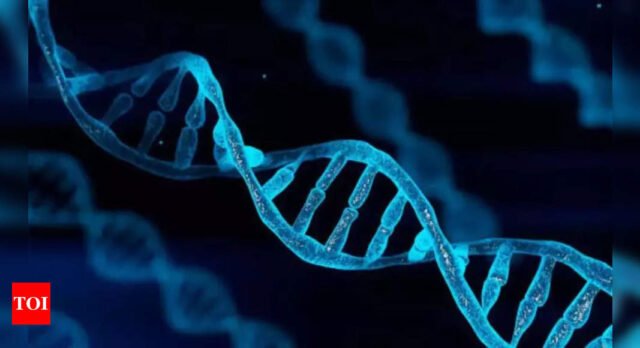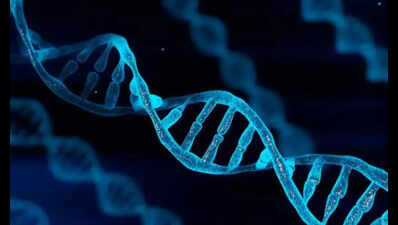Hyderabad: Detection of genetic disorders is on the rise, said geneticists at the Nizam’s Institute of Medical Sciences (NIMS) with its department of medical genetics reporting a 418% increase in cases in the last decade. In 2024, 12,042 patients with rare genetic conditions were treated in the outpatient department of NIMS.
The sharp rise — from 2,400 (approx) in 2014 — is primarily attributed to improved awareness and better diagnostic capabilities, by doctors at NIMS who say that consanguineous marriages (between two people who are closely related) remain the leading cause of pre-birth genetic disorders.
They also attribute it to somatic acquired mutations (alterations in DNA after conception), that have led to oncological referrals, caused by factors such as pollution, lifestyle choices, and other stresses, while flagging the dropping quality of male sperm and female eggs. Doctors quoted studies that have found that one in 25 people are carriers of beta thalassaemia disease and one in 40 carry the genes for spinal muscular atrophy.
Awareness key to high detection rate
“Beta thalassaemia and spinal muscular atrophy are among the most common conditions we encounter,” said Dr Prajnya Ranganath, a senior geneticist at NIMS reiterating how there has been “tremendous improvement in awareness” around genetic disorders.
“We are also seeing cases of Gaucher disease, MPS disease (mucopolysaccharidosis), and Pompe disease, among others,” said Dr Shagun Aggarwal, a senior geneticist, highlighting the challenges faced in Telangana due to consanguineous marriages.
“Consanguinity can give rise to 2,000 different disorders,” she added.
The department at NIMS is among the very few dedicated medical genetics facilities in India, alongside AIIMS and PGI Chandigarh. The institute reported a significant rise in cases of blood-related disorders, neuromuscular conditions, and intellectual disabilities.
While sounding a word of caution about delayed parenthood — which increases risk of Down syndrome and other mutations in children — Dr Aggarwal said how environmental factors also play a significant role in genetic mutations. “Somatic acquired mutations can be triggered by various external factors, including radiation exposure, certain chemicals, and viral infections,” she said.
Carrier screening
important
The experts recommend that couples planning pregnancy should consult geneticists, especially if they have a family history of genetic disorders or are considering consanguineous marriage. They also stressed the importance of carrier screening for common genetic conditions to help prevent serious disorders in future generations. NIMS is actively working to expand access to genetic healthcare across the region, said superintendent Dr Bheerappa Nagari, emphasising the institute’s commitment to accessibility.
“Despite the high cost of rare disease treatment, we are providing care free of cost, including electrical wheelchairs for patients who need them,” he added.









